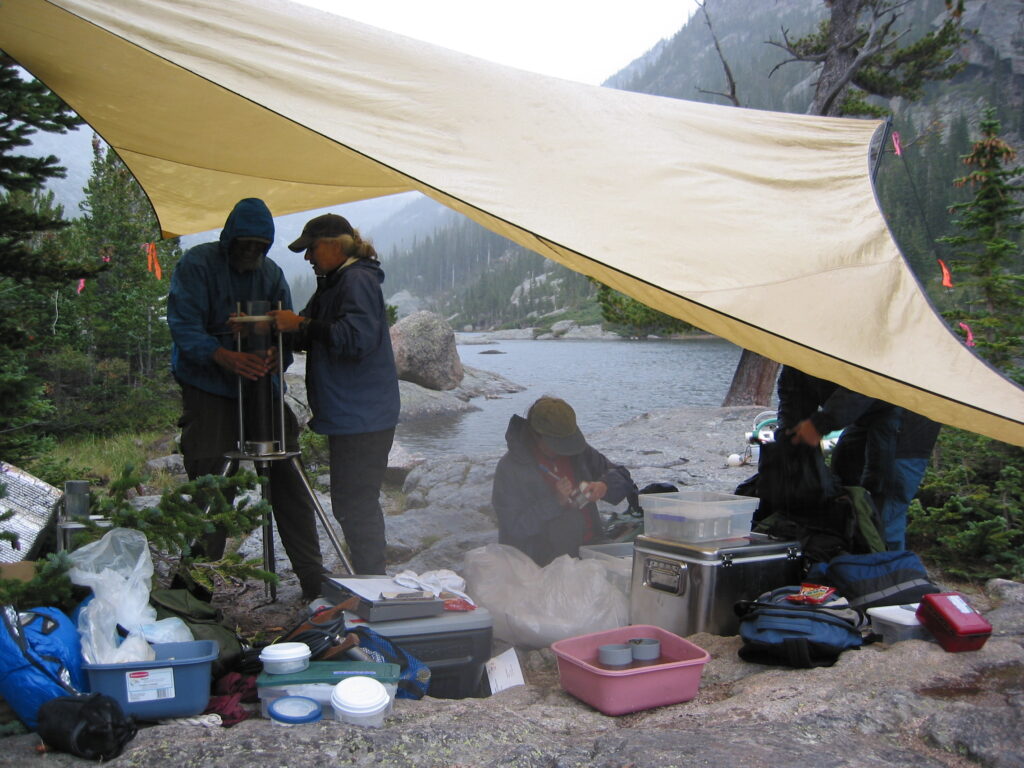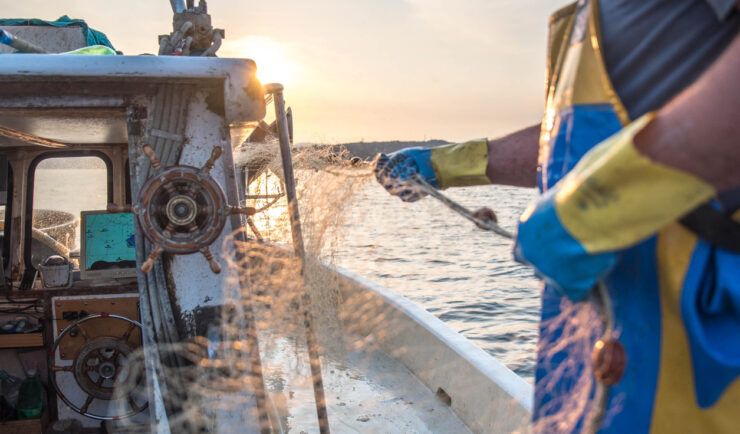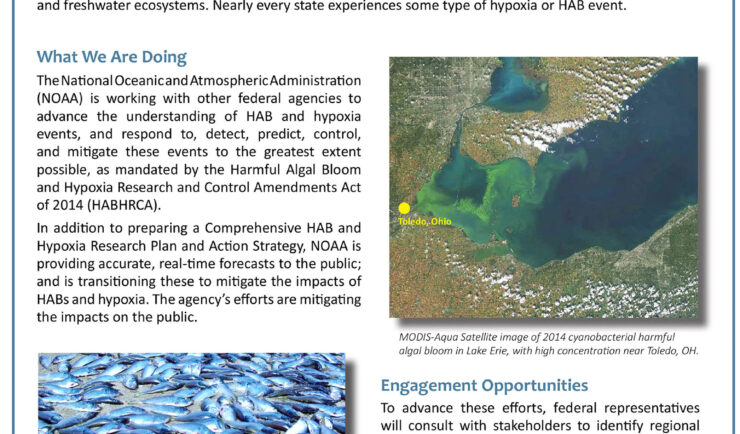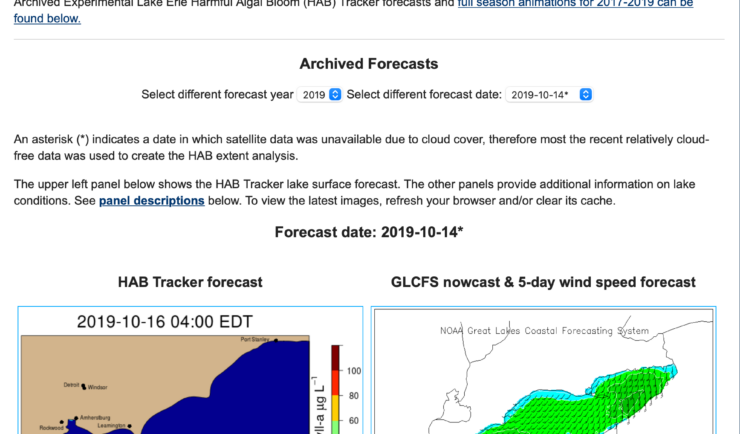Environmental Resource Assessment & Management
We apply science to address challenges affecting the nation’s natural resources.

About This Service
CSS provides science-based analysis of the environmental, economic, human health, and social factors that affect ecosystems. We conduct empirical and model-based research at multiple spatial and temporal scales. We develop recommendations and tools for researchers, industry, communities, and managers. Our work contributes to informed decision making for the responsible use, conservation, restoration, and preservation of natural resources.
Our multidisciplinary teams apply their expertise to freshwater, coastal, marine, and terrestrial ecosystems. They:
- Collect samples and data in situ, via GIS and remote sensing technologies, and through partnerships
- Conduct research on the impacts of chemicals and other environmental stressors
- Develop comprehensive environmental resource maps and characterizations
- Conduct complex spatial analyses and predictive modeling
- Assess social and economic drivers and impacts
- Develop regulatory documentation including Strategic Environmental Assessments (SEA) and Environmental Impact Assessments (EIA) and Statements (EIS)
- Develop and conduct training, communications, and outreach on environmental resource management tools and datasets
- Provide comprehensive data management, integration, and data products and tools
- Conduct policy analysis and program management
Our Focus Areas:
- Ocean ecosystems—benthic, deep sea, and shallow water
- Corals and coral reefs
- Coastal Zone management
- Marine mammals
- Harmful algal blooms
- Environmental indicators
- Coastal aquaculture
- Offshore windfarms
- Marine debris
- Biodiversity
- Fisheries health and impacts
- Agricultural impacts
- Groundwater quality
- Stream function and duration
- Soil remediation
- Wildfire impacts
- Water contamination
- Carbon storage and cycling
- Microplastics and nanoparticles
- Transgenic plant impacts
- Restoration impacts
Get in Touch
Contact us to learn more about our Environmental Resource Assessment & Management service area.




